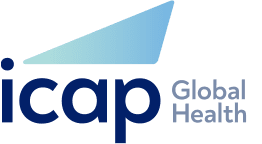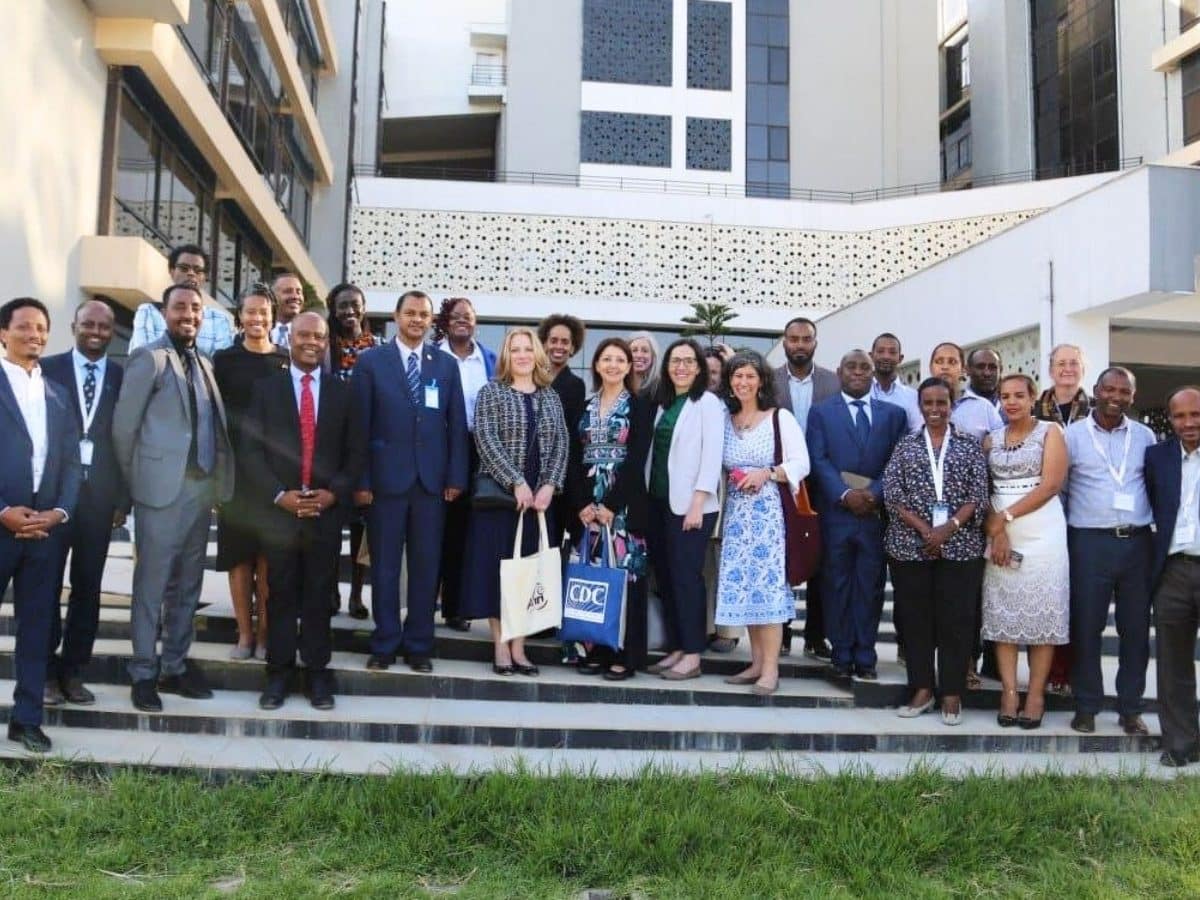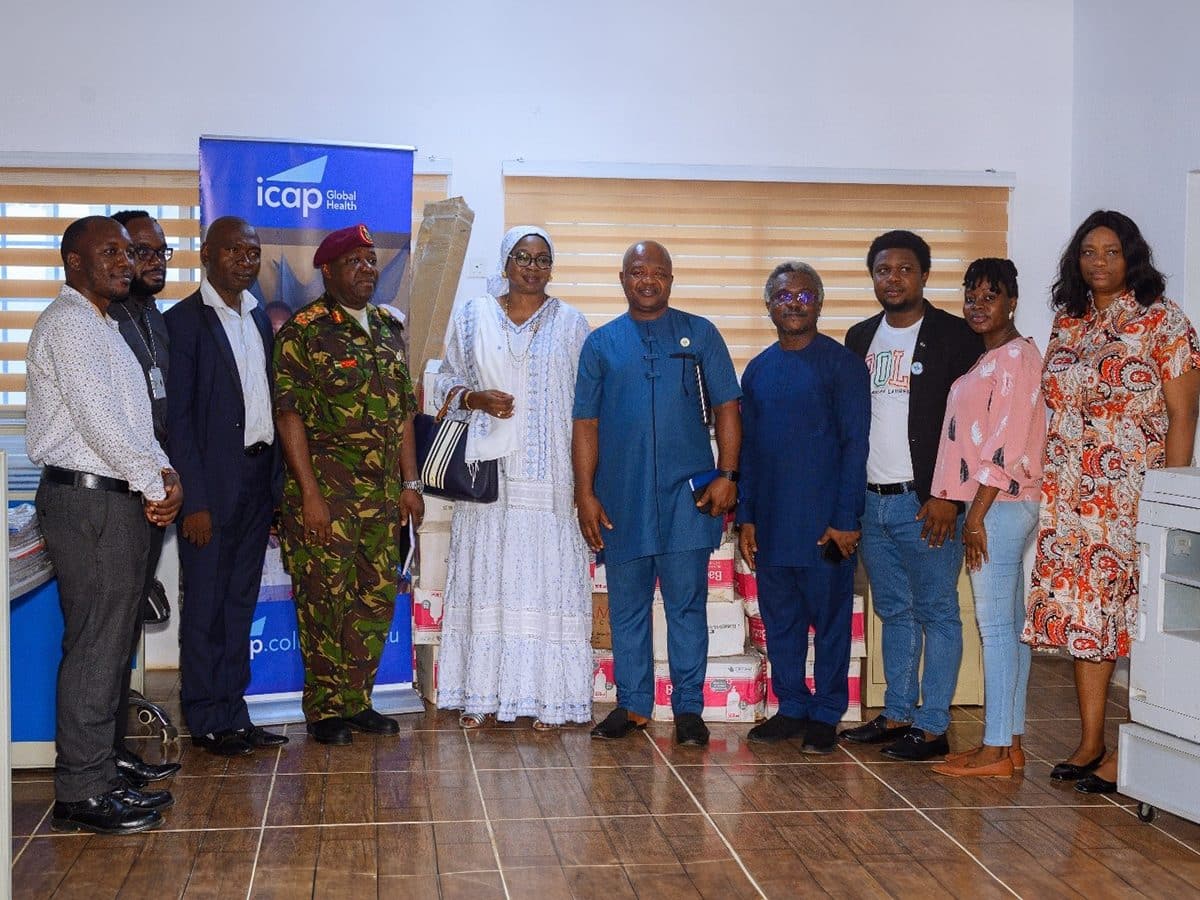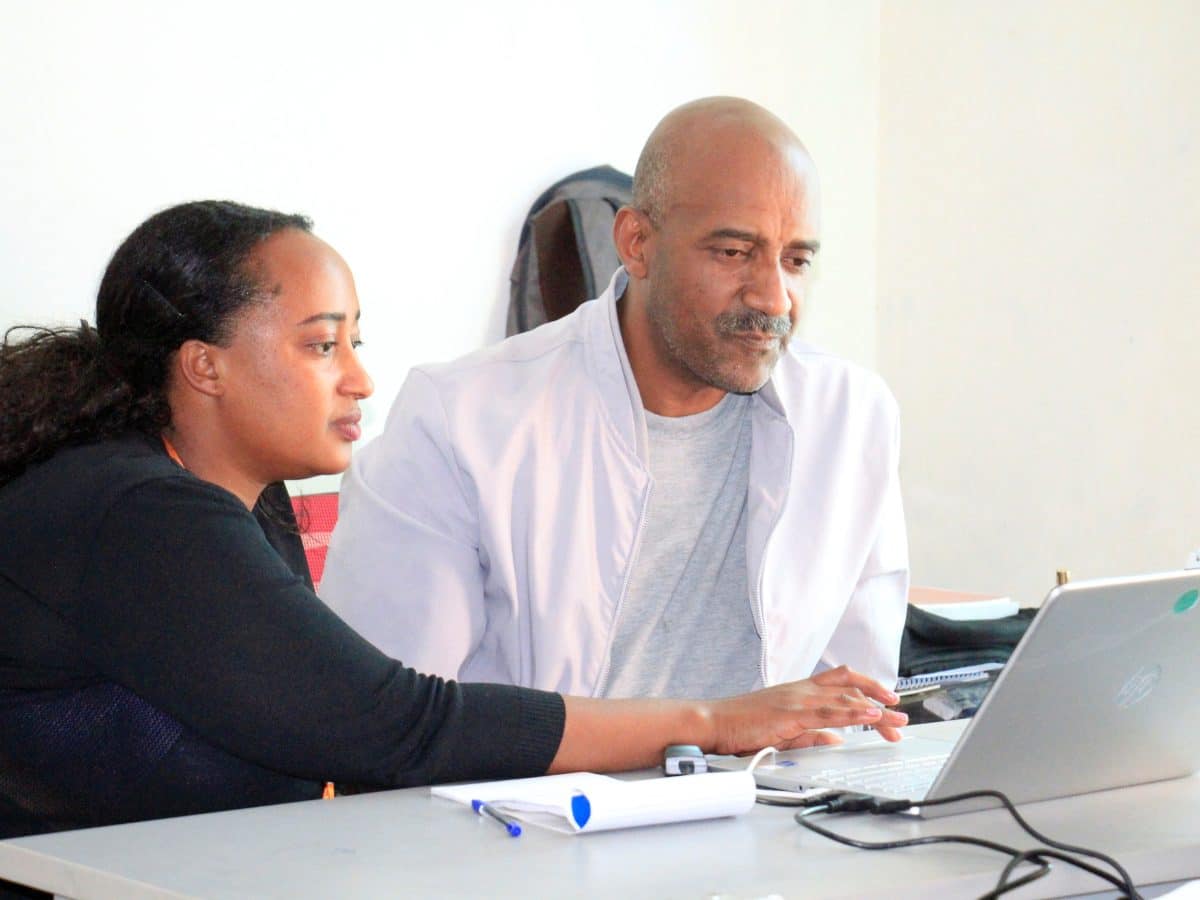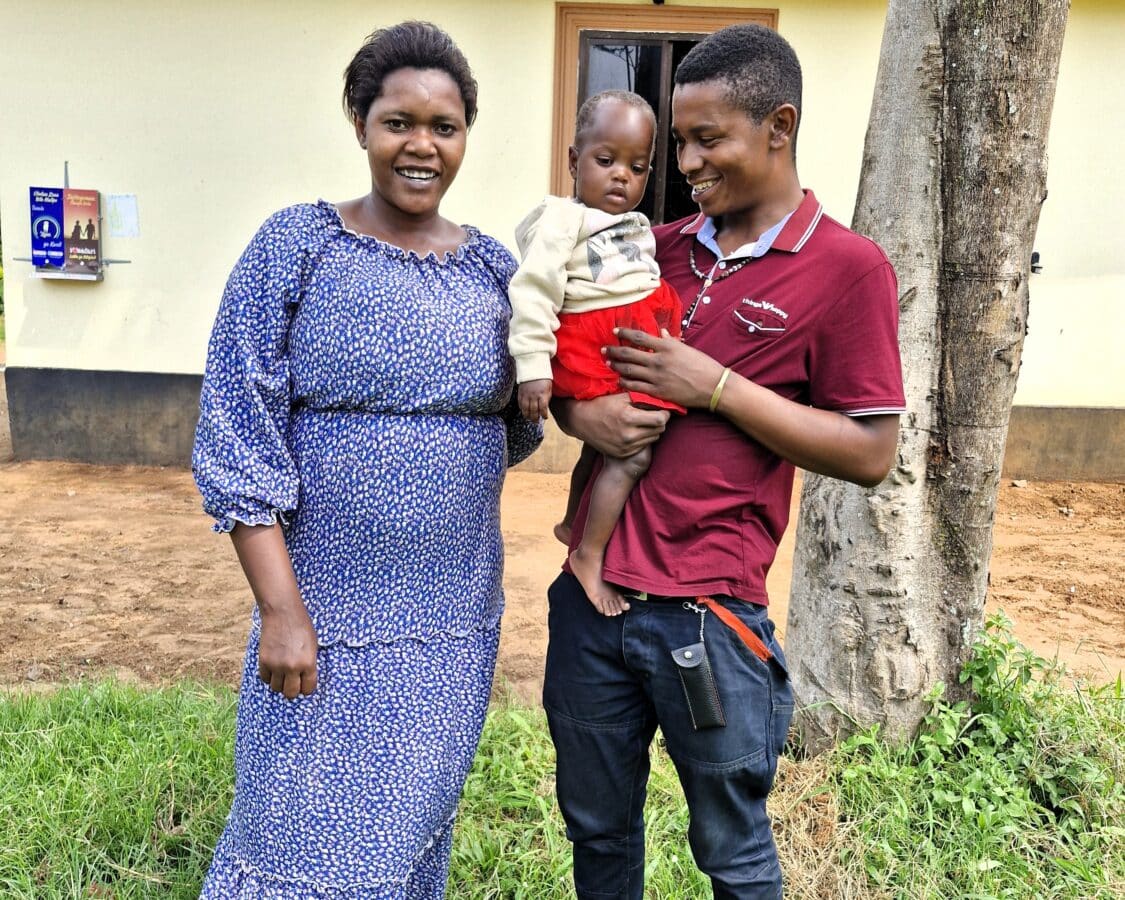The Panel was Part of ICAP’s World AIDS Day Symposium
December 1, 2009 — To mark World AIDS Day 2009, President Bill Clinton, founder of the William J. Clinton Foundation, took part in a featured panel discussion today entitled “Awareness, Access, Action: The Global and Domestic State of AIDS” co-hosted by the International Center for AIDS Care and Treatment Programs (ICAP) at Columbia University’s Mailman School of Public Health and the Clinton Foundation. Stephen Lewis, co-Director of AIDS-Free World, served as moderator of the panel, which was attended by more than 1,000. The event was part of an all-day symposium sponsored by ICAP on HIVand global health systems.
In addition to President Clinton, other panelists included ICAP Director Wafaa El-Sadr, C. Virginia Fields, President and CEO of the National Black Leadership Commission on AIDS, and Kali Lindsey, Senior Director for Federal Policy for the Harlem United Community AIDS Center, Inc. Columbia University President Lee Bollinger welcomed attendees and distinguished panelists, and Linda P. Fried, Dean of the Mailman School of Public Health, offered closing remarks.
“Despite the great progress we’ve made in our global fight to end HIV/AIDS, in recent years, the Centers for Disease Control has estimated that the crisis in the United States is worse than we previously thought, and the UN reports this year that the number of new HIV infections worldwide is more than double the number of those on treatment,” President Clinton said. “I am pleased to co-host this important panel to discuss what access means today — education and awareness, prevention and testing, and medicines and health care — and what businesses, governments, and civil society can do to help. In 2010, no one, no matter where they live or how much money they have, should lose a loved one to this terrible, but preventable and treatable disease.”
Since 2002, President Clinton and the Clinton Foundation have assisted countries in implementing large-scale, integrated care, treatment, and prevention programs. In addition, the Clinton Foundation works to lower prices of essential medicines and diagnostics. Today, two million people are receiving lifesaving treatments purchased under Clinton Foundation negotiated agreements.
This featured panel was part of a World AIDS Day symposium sponsored by ICAP. Entitled “HIV Scale-Up and Global Health Systems,” the symposium explored the rapid expansion of HIV/AIDS programs, and their impact on the health systems of resource-limited countries. Topics included leveraging HIV programs to support other chronic disease initiatives, the impact of HIV scale-up on women’s health and rights, and the future of HIV funding. Panelists from government, academia, the World Bank, UNICEF, and Rockefeller Foundation took part in the day-long event.
“While the global response to the HIV/AIDS epidemic has enabled millions around the world to gain access to care and treatment, so many more desperately need these life-saving services,” said Dr. El-Sadr, also Professor of Medicine and Epidemiology, at Columbia University. “The response to this epidemic also offers a unique opportunity to transform global health systems to respond to other health threats. The distinguished participants at today’s symposium enabled a meaningful discussion on accomplishments to date, as well as innovative ways to achieve long-term health and well-being of people around the world.”
Other symposium speakers included: Peter Berman (Lead Health Economist at the World Bank), Mickey Chopra (Chief of Health at UNICEF), Pamela Collins (Director of the Office for Global Mental Health at the National Institutes of Mental Health), Mark Dybul (Georgetown University), Sherry Glied (Columbia University, Mailman School of Public Health), Gregg Gonsalves (Founder, International Treatment Preparedness Coalition), Lynn Freedman (Columbia University, Mailman School of Public Health), Ariel Pablos-Mendez (Managing Director at the Rockefeller Foundation), Jeremy Shiffman (Syracuse University), Nandini Oomman (Director, HIV/AIDS Monitor, Center for Global Development), and others.
The symposium was partially supported by the Rockefeller Foundation.

